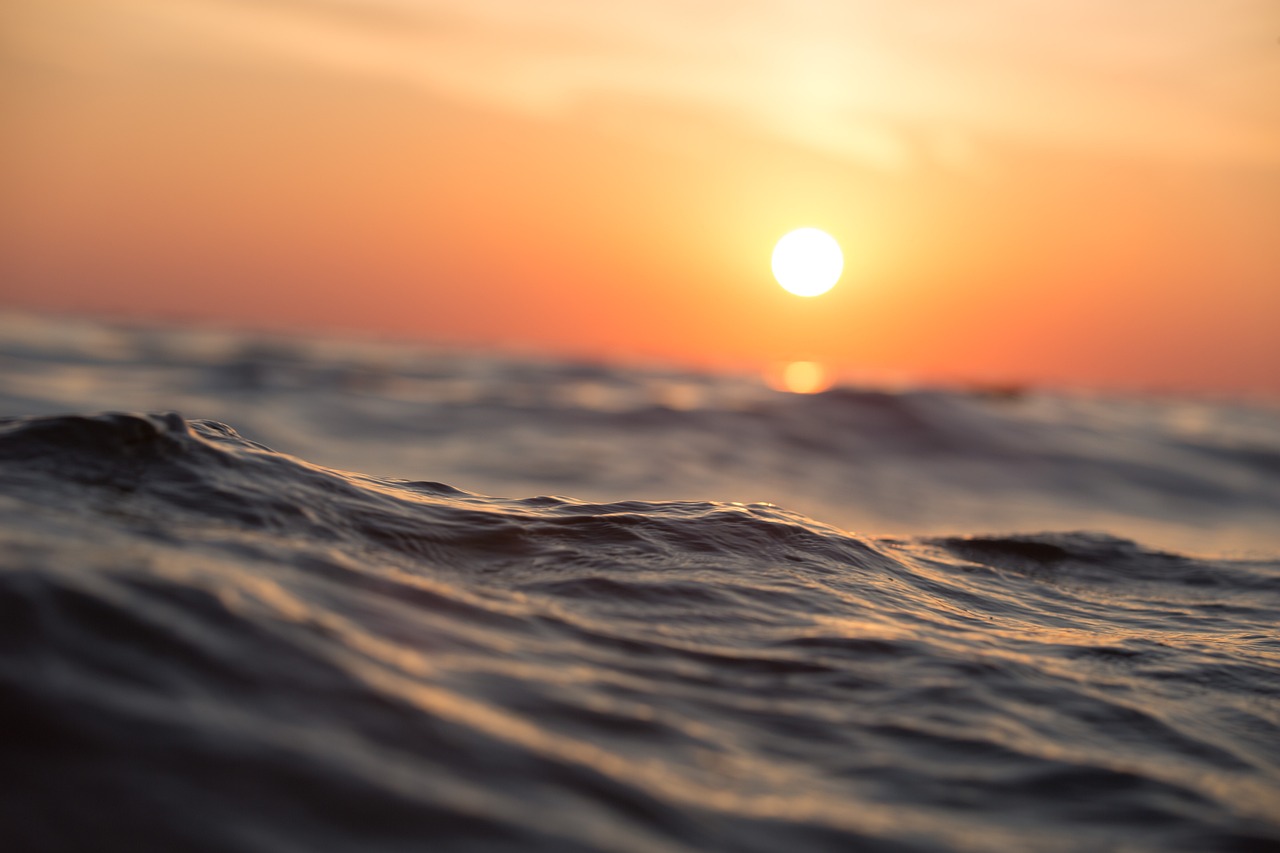
The Ocean and Polar Affairs: Guardians of Earth’s Last Frontiers
The world’s oceans and polar regions stand as some of the most breathtaking, complex, and vital ecosystems on Earth. Covering over 70% of the planet’s surface, the ocean serves as Earth’s life support system. At the same time, the polar regions—the Arctic and Antarctic—play critical roles in regulating the global climate, supporting biodiversity, and influencing weather patterns worldwide. Despite their importance, these regions face increasing threats from climate change, pollution, and overexploitation.
The Role of Oceans
The oceans are more than just vast bodies of water; they are the lungs of our planet, generating over 50% of the oxygen we breathe and absorbing a significant portion of the carbon dioxide we emit. They regulate the Earth’s temperature by transporting heat from the equator to the poles and support an immense variety of marine life, which in turn sustains billions of people through food and livelihoods.
However, the ocean is under siege. Overfishing, plastic pollution, and habitat destruction threaten marine ecosystems. Coral reefs—often called the “rainforests of the sea”—are disappearing due to rising sea temperatures and acidification. These changes not only disrupt marine biodiversity but also jeopardize human economies and communities that rely on the ocean’s resources.
Polar Regions: The Frozen Pillars of Stability
The Arctic and Antarctic are unique and delicate regions critical to maintaining Earth’s climate balance. The polar ice caps act as reflective shields, bouncing sunlight back into space and keeping the planet cool. However, these icy bastions are melting at an alarming rate due to global warming.
In the Arctic, the retreating sea ice is opening up new shipping routes and exposing untapped oil and gas reserves, raising geopolitical and environmental concerns. Indigenous communities, whose cultures are deeply intertwined with the polar environment, are also facing unprecedented challenges.
In Antarctica, ice sheets are melting, contributing to rising sea levels that threaten coastal cities around the globe. The region’s ecosystems, from krill to emperor penguins, are experiencing profound shifts due to warming oceans and human activities such as fishing.
The Need for Global Cooperation
Addressing the challenges facing oceans and polar regions requires a unified global response. Policies like the United Nations’ Sustainable Development Goal 14—“Life Below Water”—are critical frameworks for promoting sustainable use and conservation. The Paris Agreement, which aims to limit global temperature increases, is vital for protecting polar regions from further warming.
International collaborations, such as the Arctic Council and the Antarctic Treaty System, demonstrate the importance of multilateral efforts in preserving these environments. However, more robust action is needed to ensure enforcement and accountability.
How You Can Make a Difference
While global policies are essential, individual actions also matter. Reducing single-use plastics, supporting sustainable seafood choices, and advocating for climate action are ways to contribute to the preservation of these critical environments. Raising awareness about the interconnectedness of oceans, polar regions, and our daily lives can inspire collective action.
Conclusion
The oceans and polar regions are more than just distant, untamed frontiers; they are integral to the health and sustainability of our planet. By understanding their importance and acting to protect them, we can ensure they remain vibrant and vital for generations to come. Whether through policy, innovation, or personal commitment, we all have a role to play in safeguarding these precious ecosystems.
Let us not take these treasures for granted. The time to act is now.

